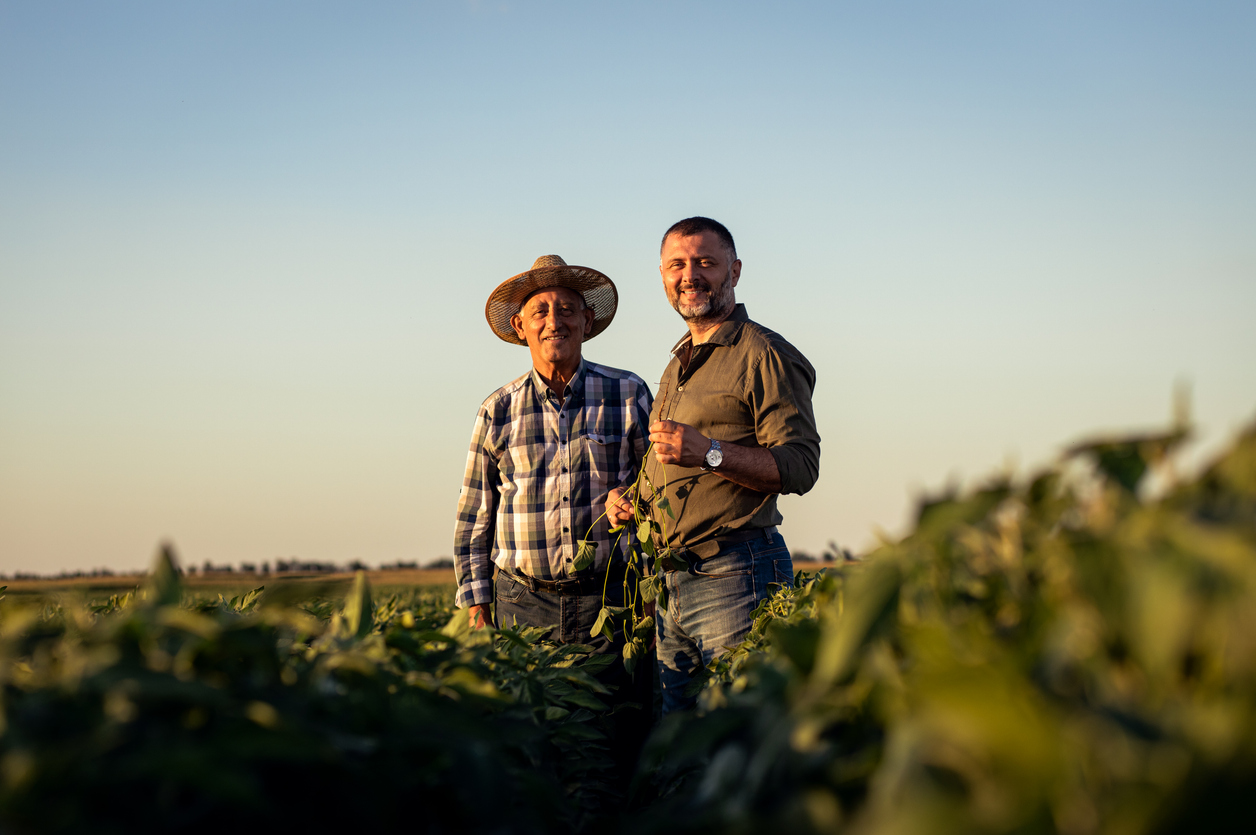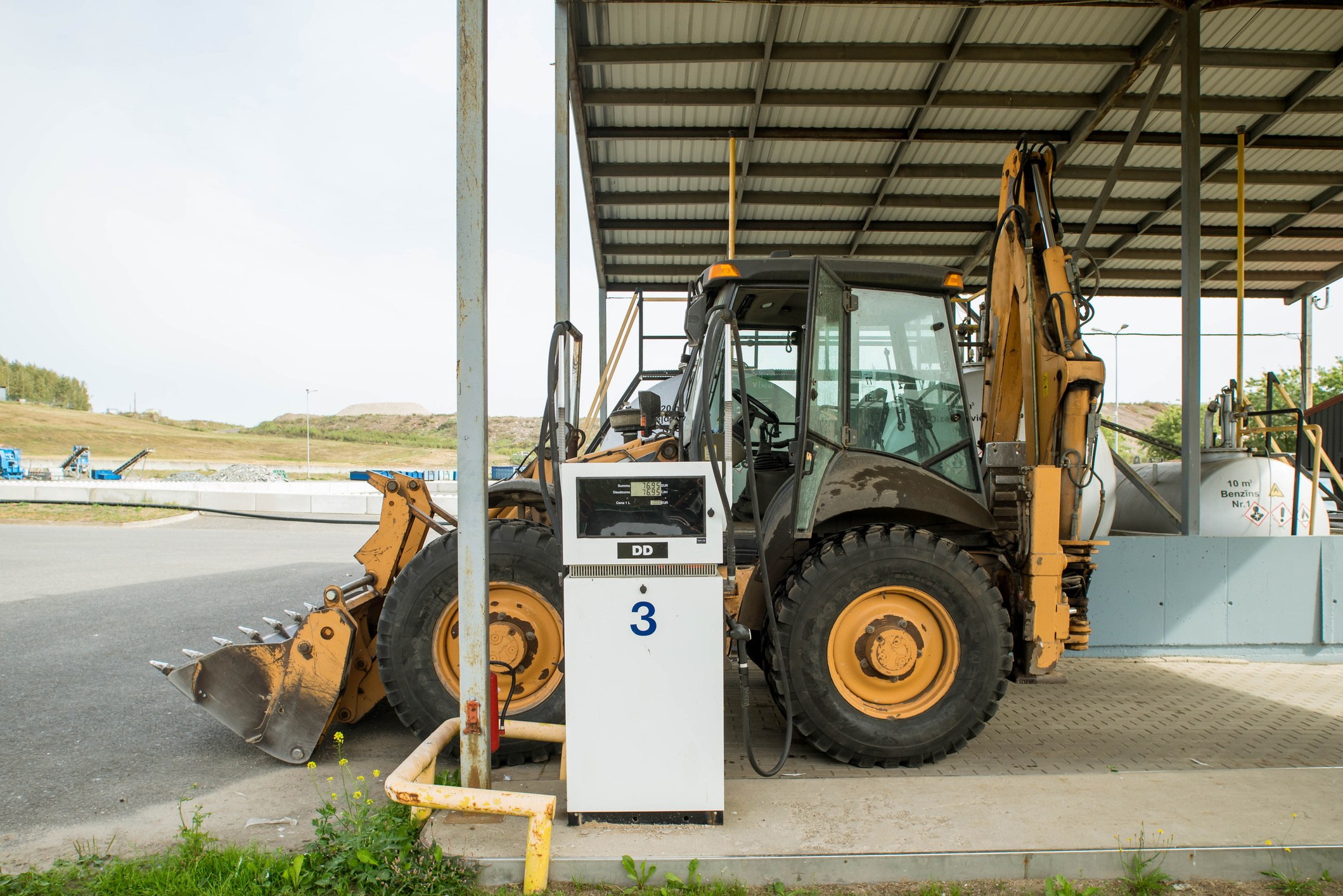This is part of a two-part series. You can read the companion piece here.
Miguel Navarrete, a pensive man, sits at a long boardroom table pondering the fate of the dairy where he oversees IT, his fingers steepled in front of his face.
“During testimony, where was that man from? What union?” Navarrete muses. “I don’t agree with the statements from the union. Some of us don’t feel that way.”
Navarrete was one several people to testify in support of the first version of Senate Bill 5172, a piece of legislation intended to serve as a protection against lawsuits seeking retroactive payment from agricultural employers among others. During the testimony, Ramon Torres of Familias Unidas por la Justicia, claimed a lack of overtime wages constituted a removal of farmworkers’ dignity.
Navarrete, himself a farmworker, said he does not like to be characterized as being taken advantage of or uninformed about his job.
“I knew I wasn’t getting paid overtime and I got more hours because of it,” he said. “It was benefitting the workers because we were getting paid more overall and it was benefitting the farmers because they weren’t paying overtime wages.”
He noted that requiring retroactive pay, as is being considered by a Washington state court, would have a devastating effect on the industry in which he works.
“It would be tough for employers during what is a tough time as it is with low milk prices, feed prices, and everything else,” Navarrete said. “We might have to lose some people. I know we are always trying to improve our buildings and things, that would come to a halt. And, maybe we wouldn’t get any more raises or bonuses. Or, have to cut back our hours even more.”
While Navarrete is single and does not have any children, he is mindful that many of his coworkers on the dairy are married men with families. He worries about the effect retroactive pay would have on the people who work with him.
“A lot of the guys are married with kids and they might have to look elsewhere for work or have their wife look for a job. Then there are added costs because of childcare,” Navarrete said.
Navarrete said he sees the forced change from a flat wage to time-and-a-half for any hours worked over 40 as a negative for farmworkers. Farmworkers accustomed to earning a 60-hour work week wage may find themselves searching for additional jobs in town to make up for an income shortfall, depending upon how their employers dealt with the court ruling.
“Some farmworkers might go to Burger King or wherever, where they’re only going to let you work 30 hours a week maybe and then they’ll have to find another part-time job at Walmart for another 20 hours to make up the difference,” Navarrete said.
Navarrete, 28, a DACA recipient who immigrated to the U.S. in 2000, grew up on Five D Farms just outside Pasco. When he started taking college courses in computer sciences, his stepdad, a manager on the dairy, urged him to get a part-time job. Doing data entry for herd management was a natural fit blending his interest in computer science and his familiarity with the dairy.
“I’ve never worked anywhere else,” Navarrete said. “I started out working three hours a day, then four, five, and eventually it became a full-time position.”
Navarrete said everyone has ambition to better themselves and he has thought about working elsewhere but he is appreciative of having the opportunity to grow into his position with the dairy.
“I’m happy here,” he said.
The November court ruling that changed wage and hours structures for dairies all over the state is concerning to Navarrete.
“I can’t speak for all dairies. Every dairy had a different plan,” Navarrete said. “What we did was tried to keep both sides happy. We tried to make it affordable for our employer and we tried to keep our employees happy.”
Navarrete said the hours adjustments have meant they’ve had to become more efficient, but the dairy retained all its employees.
His message for legislators who think we don’t need farming in Washington state was stern.
“This is where our food comes from. This is who we depend on to feed America,” Navarrete said.
This is part of a two-part series. You can read the companion piece here.





